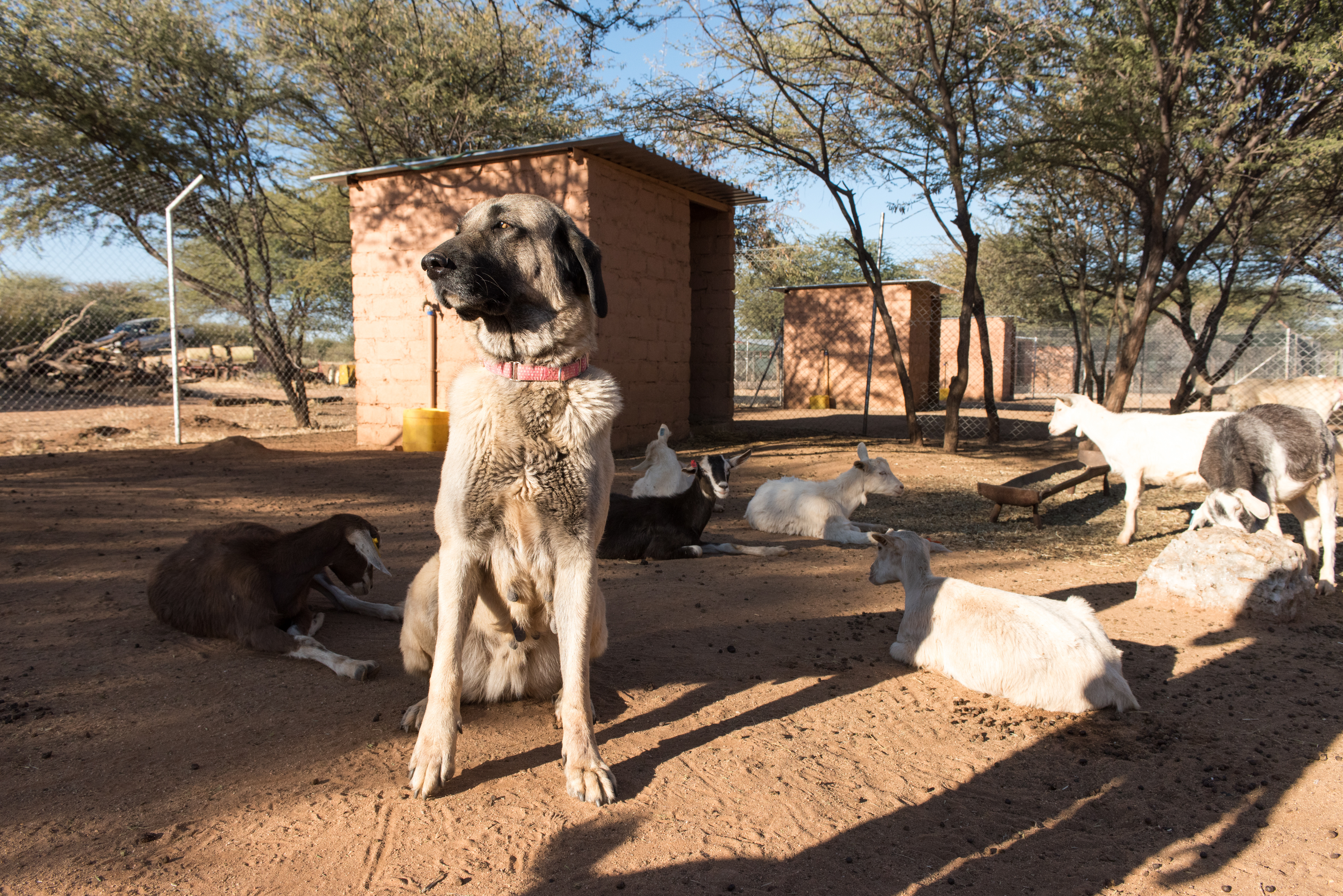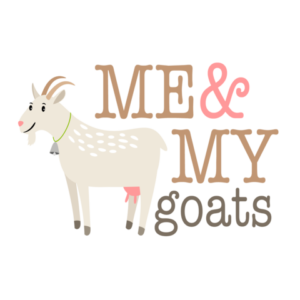
Goats are common animals to keep around, especially if you have a farm or a large plot of land. Chances are good that if you’ve got goats, you might have a dog or two as well. But are there any dangers when it comes to keeping dogs and goats together?
The main contagious conditions that can be passed from goats to dogs are rabies and parasites. Goats and dogs are both susceptible to a variety of bacterial infections, viruses, and genetic conditions, but most of their diseases can’t be transmitted to each other.
Both of these animals have unique health needs and can fall prey to a wide variety of illnesses. There isn’t much crossover between their common diseases though, so when it comes to disease, goats and dogs are generally safe to keep in close proximity. To learn more about their contagious conditions, as well as the common diseases of goats and dogs, read below.
Rabies
Rabies is one of the few contagious diseases that goats and dogs can pass to each other. Unfortunately, it’s also one of the most dangerous.
Dogs are the main carriers of rabies in the U.S. and they are responsible for most of the bites and infections. However, goats can get rabies as well, and they can just as easily infect dogs.
Rabies is a disease that causes swelling in the brain and inflammation of the nervous system. It can affect almost all mammals and there isn’t currently an official vaccine for goats. Dogs and humans can both be vaccinated for it, but goats don’t have an approved medication.
There are off-label products that vets can recommend, but these will vary depending on the situation and area.
Rabies is always fatal if it’s left untreated, so you need to be on the lookout for any warning signs. If your dogs or goats are showing any warning signs, such as frothing, excessive drooling, refusing to eat, or increased aggression, you might be dealing with rabies.
Separate the infected animal and take all the exposed animals to a vet immediately. Even if they weren’t bitten, you should take measures to treat the disease before it can take hold.
If the carrier is already showing symptoms of rabies, it’s usually too late to do anything for them. The disease will kill them eventually, or they can be euthanized. This is always a sad situation, so it’s important to prevent outbreaks before they can spread.
For more information on goats and their rabies symptoms, check out our article here.
External Parasites

Disease isn’t actually the main issue between goats and dogs; it’s parasites. While diseases are often combatted by their different immune systems, parasites are indiscriminate and will freely jump between any warm-blooded host they can find.
Goats can end up passing several types of parasites to dogs and vice versa.
Fleas, ticks, lice, ringworm, and mites are the most common external parasites that affect goats and dogs. These can usually be found in their fur or attached to their skin.
External parasites will be annoying and unsightly, but they generally aren’t very dangerous to goats or dogs. Usually the worst they can do is give them a minor bacterial infection. You should still get rid of them ASAP so you can improve their quality of life and prevent the spread of infection.
Treatments vary, but generally, you will need to shave the animals’ fur, bathe them in a pest-killing soap, and apply some kind of medication to the affected area. You may need to repeat this process multiple times in order to fully kill all the parasites and their eggs.
Internal Parasites
Internal parasites are also common between goats and dogs, and these can cause much more serious problems. These often live inside the digestive tracts of animals and will siphon off their blood and nutrients. Animals with internal parasites may display symptoms like vomiting, diarrhea, bloody discharge, and malnourishment/ weight loss.
Goats and dogs are both vulnerable to infestations of coccidia and stomach worms like hookworms, roundworms, and tapeworms. Adults and babies can both attract these parasites, but babies are usually even more vulnerable and prone to health problems.
Puppies and goat kids can both contract infestations of parasites if the pregnant mother has them. Some of them can even be transmitted via nursing, and stomach worms can live in feces for a long time. Any exposure to animal droppings could result in your dog or goat becoming a new host for parasites.
Because of the large population and rapid infection rate, it’s difficult to fully prevent internal parasites from infecting these animals. In order to combat this, treatment is a must. Take your animals in for regular vet checkups and keep their environment as clean as possible.
If you or a vet find signs of internal parasites, use deworming food and/or medication. Be careful when you’re cleaning or handling infected feces though, because many of these parasites can be passed on to humans as well.
Non-communicable Diseases

Goats can pass a few diseases and parasites on to dogs and vice versa, but there are several viruses and health conditions that are unique to each animal. They might be concerning and encourage individual care and isolation, but generally these won’t be contagious to other species.
| Common Goat Diseases | Common Dog Diseases |
| Foot and Mouth Disease | Parvovirus |
| Goat Pox | Kennel Cough |
| Cheesy Gland | Hepatitis |
| Johne’s Disease | Distemper |
Some of these diseases can be carried by the opposite animal, but it won’t affect them. For instance, many dogs could be carriers for Johne’s disease, but it doesn’t affect them in the same way it affects goats.
In other cases, they simply can’t pass on conditions to each other. Dogs commonly fall prey to parvovirus, but goats can’t get it.
Generally the best thing to do is strive to keep both your goats and your dogs healthy. Regular checkups to the vet and a healthy diet and lifestyle can reduce the risk of many of these problems. If a major outbreak of disease or parasites infects one group, there’s a good chance that some kind of illness could affect the other.
